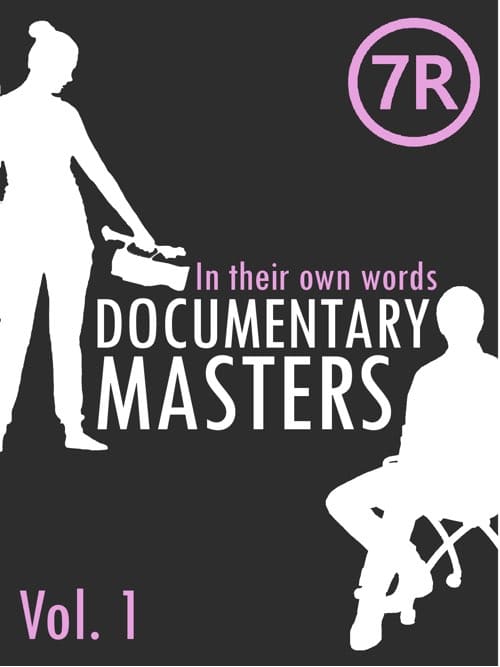Seventh Row’s editors pick the must see films of HotDocs 2021, from Kímmapiiyipitssini: The Meaning Of Empathy to Archipelago.
Read all our HotDocs 2021 coverage.
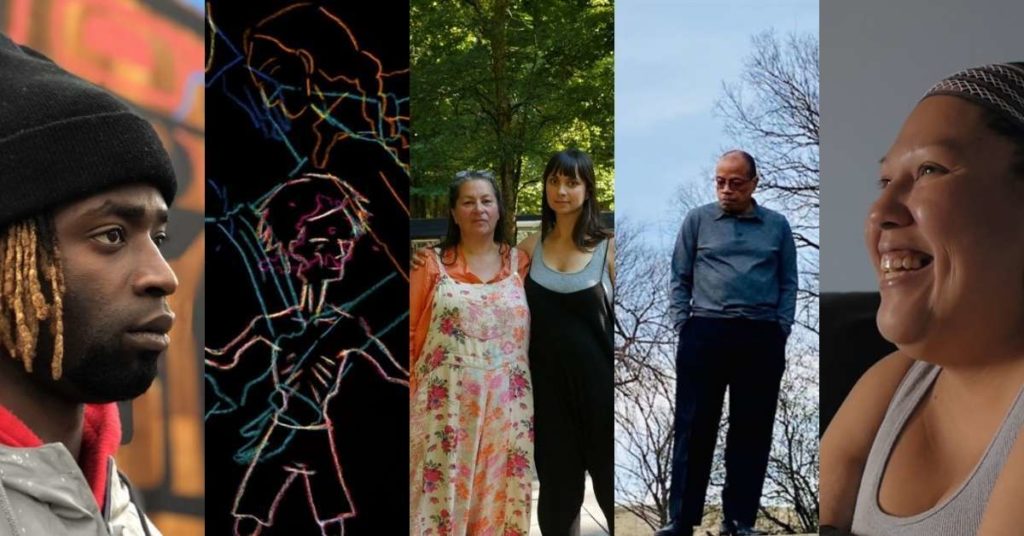
Discover one film you didn’t know you needed:
Not in the zeitgeist. Not pushed by streamers.
But still easy to find — and worth sitting with.
And a guide to help you do just that.
HotDocs, the huge annual documentary festival in Canada, is virtual for the second year running in 2021. As usual, its large programme means the festival is a mixed bag: for every film that explores its subject in a creative, illuminating way, there are ten boringly made issue docs, albeit about interesting topics. Past festival favourites that balance content and form have included The Road Forward, First Stripes, Anote’s Ark, and Wintopia.
We’ve discovered some gems hidden within the programme this year, in particular the documentaries by Indigenous filmmakers, which there are usually a healthy contingent of at HotDocs, from Canada and beyond. If you’re in Canada, you can watch the films recommended below until Sunday night, when the festival ends.
Archipelago (Félix Dufour-Laperrière)
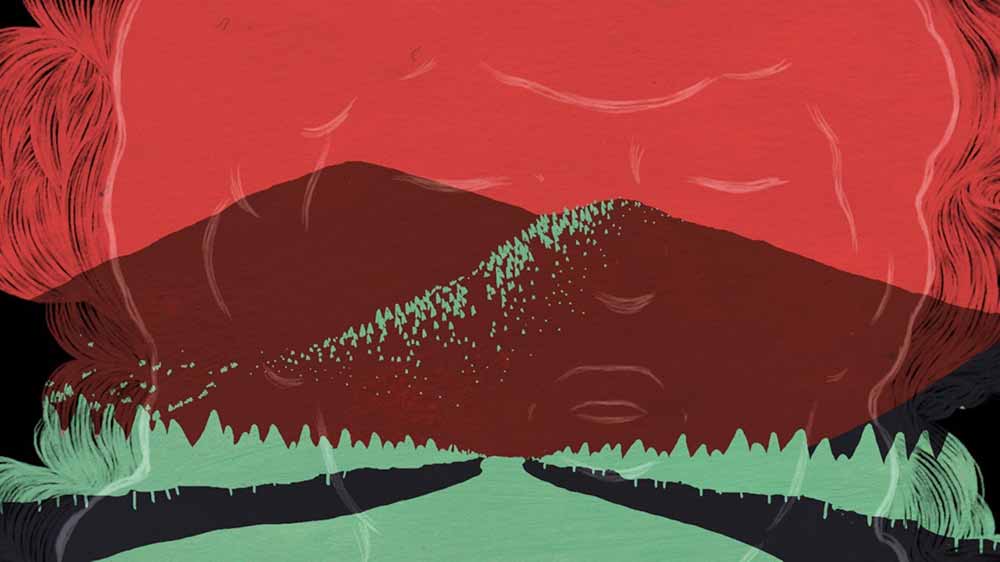
From our review: “Québécois animator Félix Dufour-Laperrière makes his first foray into documentary filmmaking with Archipelago, which mixes archival footage with animation to tell the story of the land along the St. Lawrence river. Working from a documentary about the St. Lawrence from the 1940s, which itself is an inaccurate depiction of the region at the time, Dufour-Laperrière annotates, paints over, and plays with the footage, and in turn, our sense of the history of the land.
Our guide through the territory is a woman who represents the river, an animated outline whose body is made up of live action footage of the river. She’s in conversation with a man, talking about the land, its twists and turns and islands, and how it’s changed over time. Throughout the film, there’s a sense of the impermanence of the people who live on the land: a group of dancers from the archival footage are animated into ghost-like figures; a collection of animated people rise up from the river and into the heavens.” Read the full review.
Get tickets to Archipelago here.
Daughter of a Lost Bird (Brooke Swaney)
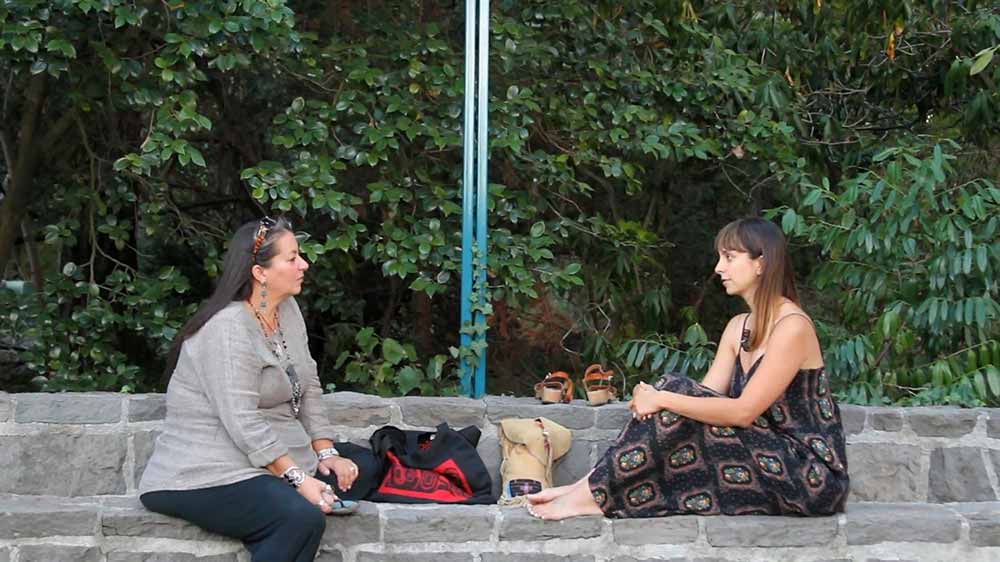
From our review: “Daughter of a Lost Bird opens on Kendra, a young woman in her thirties, sitting on her floor as she nervously makes an important phone call. She leaves a message: “Hi April, this is Kendra Potter, your birth daughter.” Shortly after, April calls back, and mother and daughter hear each other’s voices for the first time.
Swaney tracks Kendra’s journey over several years as Kendra reconnects with her long-lost family and her indigeneity. Swaney is careful to contextualise Kendra’s identity crisis within the traumatic history of adoption in Indigenous communities in the US. As a result of the Indian Child Welfare Act, both Kendra and her mother were adopted out of their birth families, separating them from their Indigenous communities by two generations.” Read the full review.
Get tickets to Daughter of a Lost Bird here.
Kímmapiiyipitssini: The Meaning Of Empathy (Elle-Máijá Tailfeathers)
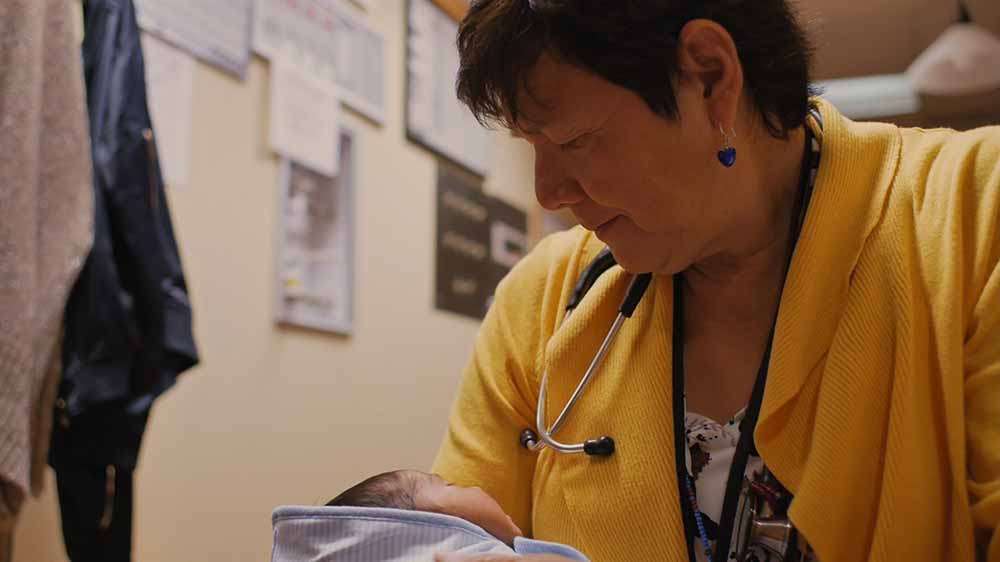
Elle-Máijá Tailfeathers’s Kímmapiiyipitssini: The Meaning Of Empathy is the rare “issue doc” that’s told from a deeply personal perspective. Tailfeathers, who recently impressed as both an actress and writer-director with The Body Remembers When the World Broke Open, creates a portrait of the community where she grew up, the Kainai First Nation. Through exposition about statistics, meetings at institutions, and intimate personal portraits, Tailfeathers documents the drug epidemic eating away at the community.
Tailfeathers brilliantly balances individual stories with historical context, which connects the struggles of drug addicts on the reserve to centuries of colonial trauma, passed down from generation to generation. Through following her own mother, Dr. Esther Tailfeathers, who works directly with drug addicts, Tailfeathers illuminates the practices of harm reduction, and how funding for harm reduction programmes could go a long way to healing the community. Tailfeathers’s exceptionally moving, enraging film covers all the bases, both big and small picture, in informing the viewer about the crisis. It’s one of the most vital films of the year.
After you’ve watched the film on the HotDocs platform, make sure to give it a rating in order to cast your vote for the Rogers Audience Award. That will give Kímmapiiyipitssini a chance to win prize money, which Tailfeathers has announced will go directly back to community efforts in Kainai. OS
Our interview with Elle-Máijá Tailfeathers will be on the site soon.
Get tickets to Kímmapiiyipitssini: The Meaning Of Empathy at HotDocs (until May 9) here.
Get tickets at DOXA until May 16 here.
One of Ours (Yasmine Mathurin)
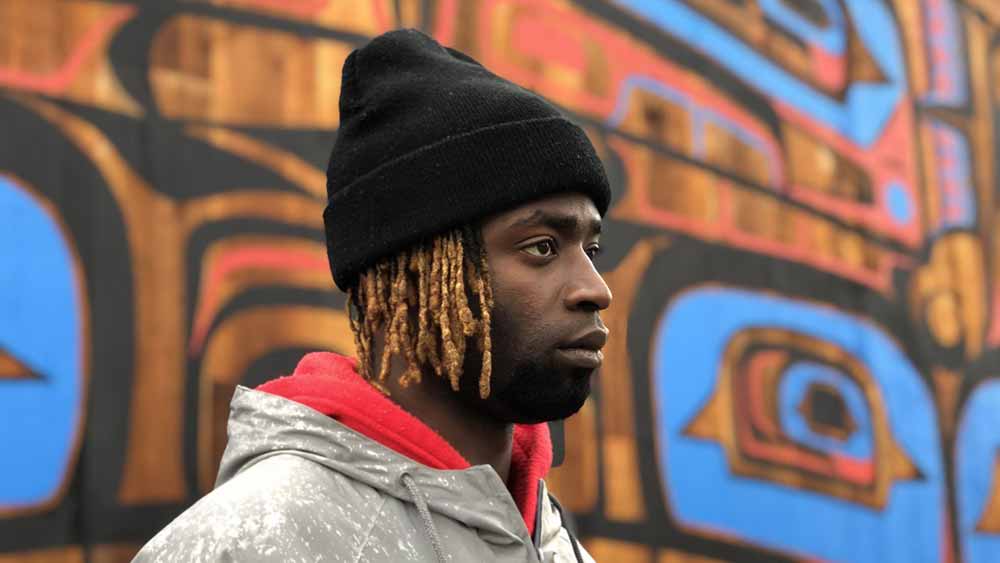
From our review: “The family at the centre of Yasmine Mathurin’s One of Ours is a maelstrom of complex dynamics governed by settler colonialism. Mathurin specifically follows Josiah Wilson, a Black twentysomething born in Haiti where he was adopted by a pair of Canadians — a white mother and an Indigenous father — who were living there at the time, and soon brought him home to Calgary in Canada. Having grown up as a member of the community of his father’s Heiltsuk Nation, Josiah is culturally and legally Indigenous. But as an adoptee, and a Black man, he looks like he’s out of place in this community. This also means he’s part of the African diaspora that was first torn from their homeland and brought to Haiti, hundreds of years ago, only to be once again torn away from his homeland by the Canadian family that adopted him.
Josiah is an avid basketball player, and throughout his teen years, was a member of the Heiltsuk Nation team that attended the All Native basketball tournament annually. The tournament is a celebratory gathering of West Coast Indigenous Peoples across Nations. After years of attending, one year, he’s suddenly barred from the event because he lacks the ⅛ ‘blood quantum’ required — itself a colonial concept aimed at eventually eliminating Indigenous communities over generations.” Read the full review.
Get tickets to One of Ours here.
Remembrance of József Romvári (Sophy Romvari)

Sophy Romvari’s latest short film, Remembrance of József Romvári, is a more modest project than her previous short, Still Processing, which we interviewed her about at TIFF last year. However, Remembrance is further evidence of her knack for making personal nonfiction films. The short was commissioned by Kino Lorber as a blu-ray special feature for their collection of films by Hungarian auteur István Szabó. József Romvári, who passed away in 2011, was a prolific production designer who worked on Szabó’s films. He was also Sophy Romvari’s grandfather. Romvari elegantly introduces the viewer to her grandfather and his work, showcasing how sketches transformed into elaborate sets. She also weaves in her personal memories of the man, making Remembrance both an ode to his artistry and a loving memorial. OS
Get tickets to Remembrance of József Romvári here.
Who We Are: Chronicle of Racism in America (Emily Kunstler, Sarah Kunstler)
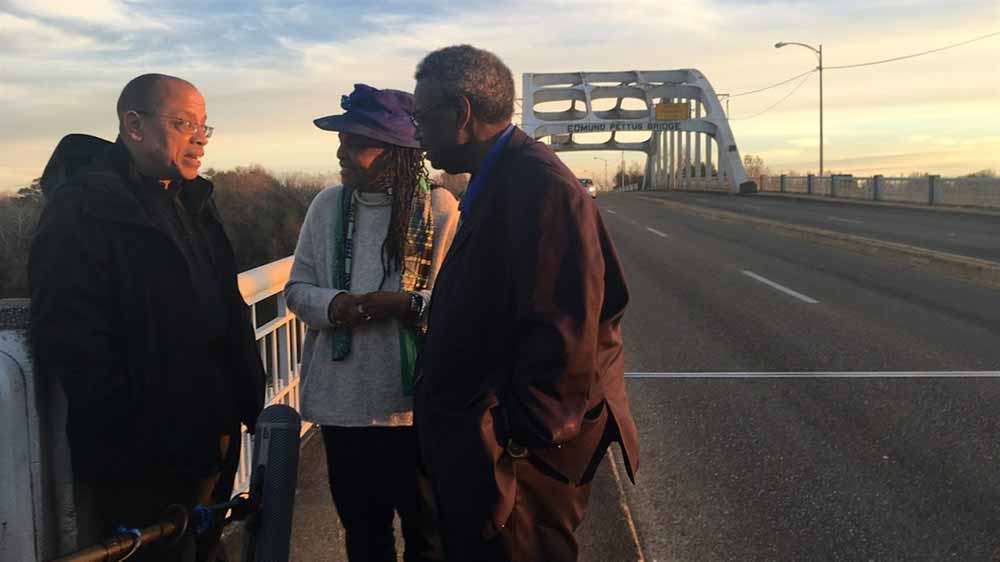
From our review: “ACLU Deputy Legal Director Jeffery Robinson’s presentation about the history of racism in the US forms the backbone for Who We Are: Chronicle of Racism in America. But the film is more than just doing for racism and white supremacy what An Inconvenient Truth attempted to do for climate change. Written by Robinson and directed by Emily and Sarah Kunstler, the film is very much Robinson’s story. Because Robinson is an incredibly compelling speaker with a personal stake in the topic, he finds a way to make the story feel specific and personal without either making the audience feel bad about themselves or falling too much into personal interpretation.
In the vein of Ava DuVernay’s 13th, about how slavery has merely transformed into mass incarceration of Black people in the US, Who We Are: Chronicle of Racism in America takes us back 400 years in history to understand America’s white supremacist roots. In his presentation, Robinson meticulously quotes from primary documents, so that we, as an audience, can interpret first-hand how ingrained white supremacy has always been in American culture and institutions. In so doing, Robinson avoids preaching at every stage, even if a film with this particular title might be targeted more at the converted than the avid Richard Spencer followers.” Read the full review.
Get tickets to Who We Are: Chronicle of Racism in America here.
You could be missing out on opportunities to watch great films like these HotDocs 2021 films at virtual cinemas, VOD, and festivals.
Subscribe to the Seventh Row newsletter to stay in the know.
Subscribers to our newsletter get an email every Friday which details great new streaming options in Canada, the US, and the UK.
Click here to subscribe to the Seventh Row newsletter.
